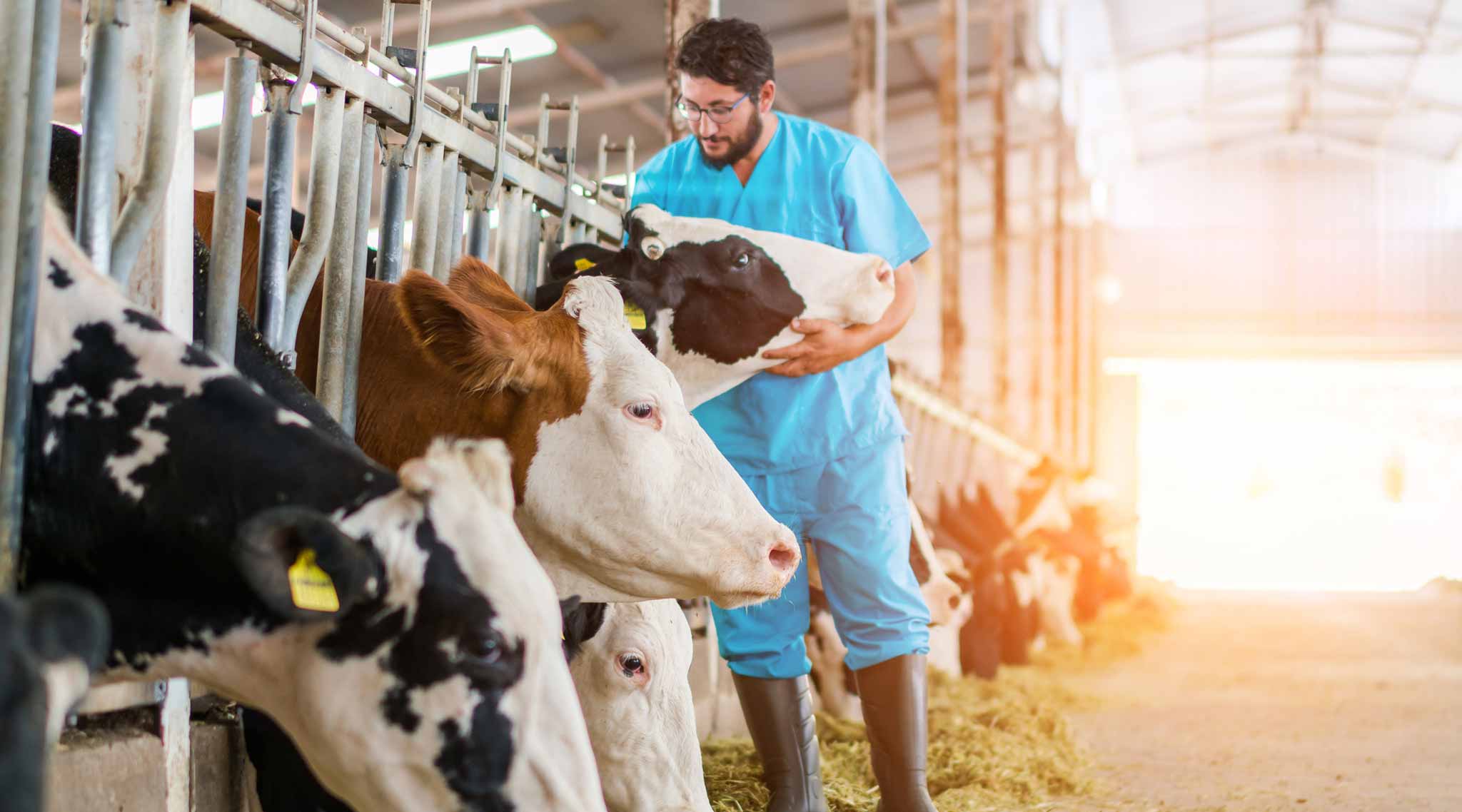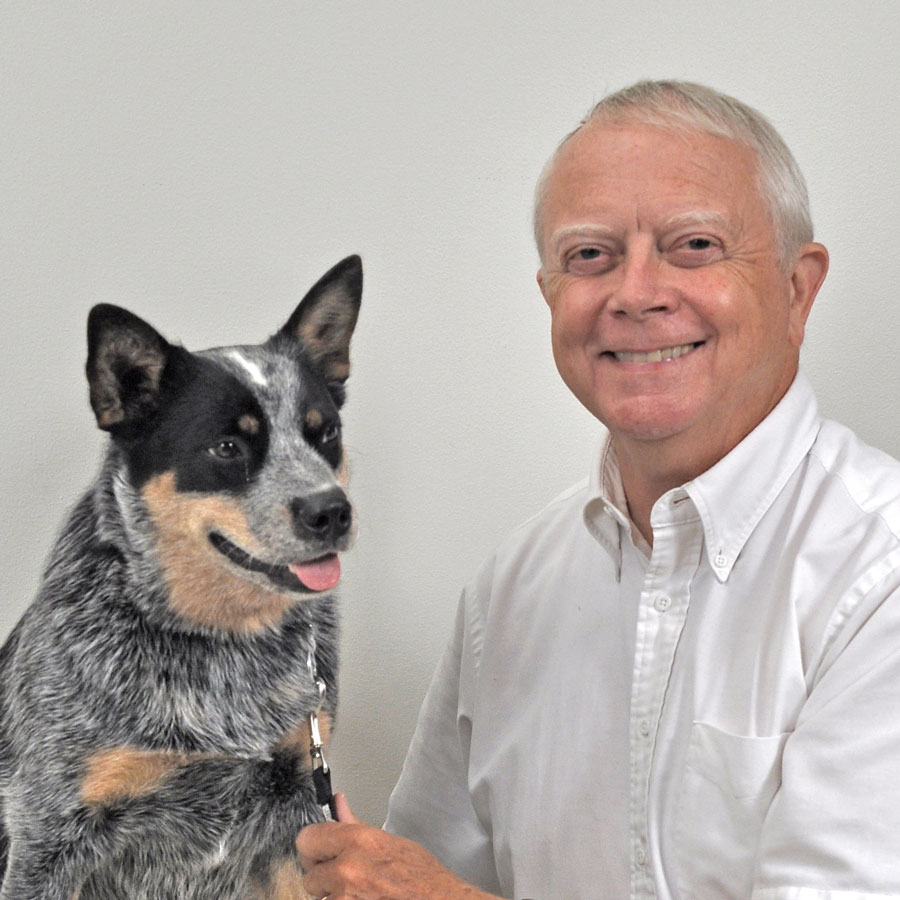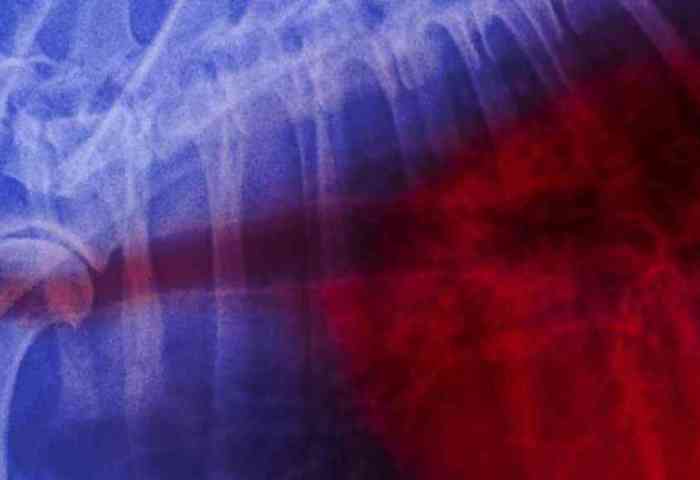Get started with Mizzou
Apply as a freshmanVeterinary Science
Undergraduate Certificate
You’ve pictured a career nursing animals of all types back to health — pets, livestock and exotic species. To get there, veterinary school not only transforms your dreams into practical skills but also delivers key experiences and scientific knowledge in preparation for exams and professional licensure.
Toward this goal, you may have entered a pre-veterinary program or undergraduate major that helps you fulfill relevant prerequisites. Yet, this approach often delivers a selective snapshot of what you’ll do in the real world and the rigors of your future training. An undergraduate certificate in veterinary science from Mizzou Online will take you a step further.
Mizzou Online's course of study complements your undergraduate efforts, connecting general anatomy, physiology and other scientific concepts with the terminology and animal health framework you’ll acquire as you pursue a doctor of veterinary medicine (DVM). This pathway helps enhance your application, gives you the tools to excel once accepted and adds an occupation-specific perspective of biomedical science. Additionally, the program’s 16 credit hours enrich the core skills of veterinary technicians holding an associate degree.
Please note: The undergraduate certificate in veterinary science is not a professional program in veterinary medicine and does not supplant professional training in veterinary medicine or veterinary technology.
About the Online Undergraduate Certificate in Veterinary Science
Following your undergraduate studies, the journey to a DVM involves multiple stages. Courses in animal anatomy, physiology, pharmacology, nutrition, immunology and surgical techniques introduce you to a broad spectrum of health concerns affecting animals, from cats and dogs to lizards and livestock.
Starting in the classroom and then out in the field, you’ll participate in various clinical rotations — experiences that allow you to not only put techniques into practice but handle and care for a range of species. You’ll also get a glimpse of what veterinarians do, from ensuring owners keep on top of their pets’ vaccinations and seasonal tick prevention to supporting the health of horses and cattle in the agriculture industry.
As a third factor, you’ll study diseases and other animal health concerns in a laboratory environment under the guidance of respected researchers.
To get here, you’ll begin applying to veterinary schools as you wrap up your undergraduate degree. Applications generally show you took prerequisite courses in anatomy, physiology, zoology, nutrition, immunobiology and histology. At the same time, veterinary schools assess engagement and readiness — in this case, volunteer opportunities placing you in direct contact with animals illustrate your commitment and exposure to this career path.
Mizzou Online's undergraduate certificate program in veterinary science ties these elements together:
- You explore the overlap between biomedical, health and veterinary science, particularly in regard to disease, treatments and other interventions.
- You develop the vocabulary and ethical foundation to surge ahead in veterinary school — from understanding the names of instruments and tools to the significance of animal welfare in agriculture.
- You strengthen your problem-solving and critical thinking skills — essential for making discoveries in the lab and cultivating your expertise during clinical placements.
- A focus on veterinary-specific scientific knowledge highlights your drive to enter and succeed in this challenging occupation and further bolsters your application.
Quick facts
Official name
Undergraduate Certificate in Veterinary ScienceCampus
Program type
Undergraduate certificateAcademic home
College of Veterinary MedicineDelivery mode
100% onlineAccreditation
Higher Learning CommissionPart time credit hours
16Part time estimated cost
$9,561.60*This cost is for illustrative purposes only. Your hours and costs will differ, depending on your transfer hours, your course choices and your academic progress. See more about tuition and financial aid.

Career prospects
Reflecting overall health and medical trends, the Bureau of Labor Statistics estimates 20% greater demand for veterinarians and 21% more positions for veterinary technicians and technologists through 2032. Behind this growth, more Americans own pets compared to 30 years ago — and these animals all require preventative care. At the same time, the public health field seeks more veterinary researchers to identify patterns between human and animal health.
However you see yourself caring for animals, veterinary professionals tend to find positions in:
- The agriculture industry
- Brick-and-mortar and mobile clinics
- Research labs
- Zoos
Program structure
The undergraduate certificate program consists of 12 credit hours of required courses and four credit hours of an elective.
No campus visits are required, and all courses use a semester structure. Students typically take two classes per semester and finish in two years.
Coursework includes
Required courses introduce you to:
- The Greek, Latin and historical origins of various biomedical and veterinary terms
- Eponyms, acronyms and names for surgical instruments
- Techniques for handling large and small domestic and common non-domestic animals
- Sanitation and preventative measures for controlling diseases and parasites
- Animal welfare in research, companionship and food production settings
Review all requirements for the online undergraduate certificate program in veterinary science.
Delivery
100% onlineCalendar system
Semester-basedTypical program length
2 yearsTypical course load
2 classes per semesterAccreditation
The University of Missouri is accredited by the Higher Learning Commission, one of six regional institutional accreditors in the United States.
Faculty spotlight

Jamie Morgan is a Fear Free Certified Professional and has earned the designation of Certified Peaceful Euthanasia Professional. In 2024, she was awarded the Harrison-Kaplan Online Teaching Award through the University of Missouri (Mizzou) College of Veterinary Medicine. Morgan began her career as a veterinary technician in Mizzou’s Veterinary Health Center Oncology Service. She is currently a lecturer and development coordinator for the Appalachian State University veterinary technology program. She teaches domestic animal behavior in veterinary practice and biomedical pathophysiology for Mizzou’s online veterinary programs, and veterinary nursing for lab animal and research, leadership and communication for veterinary technicians for Mizzou’s bachelor’s in veterinary technology program.

C.B. Chastain is a professor emeritus and adjunct professor of veterinary medicine and former section head of small animal medicine and associate dean for Academic Affairs. He also has been a faculty member at Iowa State University and Louisiana State University. In addition to being a diplomate of the American College of Veterinary Internal Medicine, he has authored journal articles, book chapters in veterinary medical and allied publications and textbooks on clinical endocrinology and animal handling and physical restraint.
He was formerly a horse wrangler and a licensed guide in Rocky Mountain National Park, Colorado. He worked in mixed animal veterinary medical practices in Missouri, Illinois and New Mexico. He has worked with animals in differing environments and taught aspects of animal handling for more than 40 years at the undergraduate and professional school levels. Currently, he is a professor and consultant for online veterinary programs at Mizzou.
